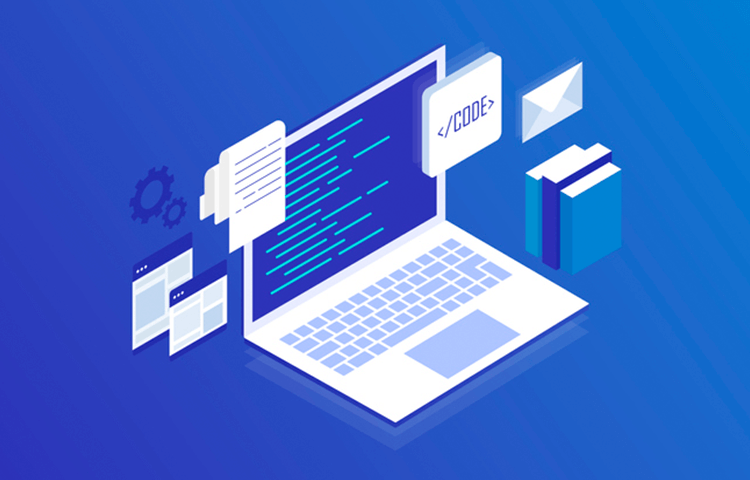Empowering Innovation: Let Every Byte Code Your Success!

Introduction
In the digital world today, the right technology is not an option—it’s a necessity. That’s why BytesCrafter offers leading-edge web development, mobile apps, custom software, and automation solutions to assist businesses in streamlining their operations, improving customer interaction, and attaining success with confidence.

Our Services

Your website is the first impression of your brand—make it count. Our team creates stunning, user-friendly, and high-performance websites that boost online presence, acquire customers, and generate conversions. From an e-commerce site, corporate site, to a bespoke web application, we provide a seamless and delightful user experience.

Remain with your audience at all times and everywhere. We create top-notch mobile apps for iOS and Android that promote customer interaction, optimize processes, and boost business effectiveness. Our apps are easy to use, swift, and secure, designed for your business.

Each business is different—so should your software. Our custom software solutions will streamline complicated processes, minimize mistakes, and increase efficiency. From CRM systems and inventory management software to AI-driven analytics, our scalable and robust solutions are designed to meet your needs.

Are redundant tasks holding your business back? Our automation tools assist in removing inefficiencies, lowering costs, and enhancing accuracy. From AI chatbots to automated billing software, we ensure that your business will operate efficiently—so you can concentrate on what really counts.
What Our Clients Say?

Why Choose BytesCrafter?
At BytesCrafter IT Solutions, we don’t just build software—we craft innovative solutions that empower business owners to achieve more. With our cutting-edge technology and expert team, your business can reach new heights. Let’s create something extraordinary together!
#BytesCrafter #TechMadeSimple #SmartBusinessSolutions

Secure your payroll operations today with our advanced security solutions. Contact us to learn more about safeguarding your employee data.
Take control of your payroll security today! Implement these best practices and safeguard your employee data with confidence. Ready to enhance your payroll system’s security? Contact us for demo and more details about our Syntry, your all in one HRIS System with Payroll Automation.
- OUR CLIENT
Partnering for Success
Building strong and lasting partnerships with our clients is at the core of our business.
Together, we collaborate, innovate, and achieve remarkable success.
Follow us on social media for the latest HR tech trends and insights!


















No Comments